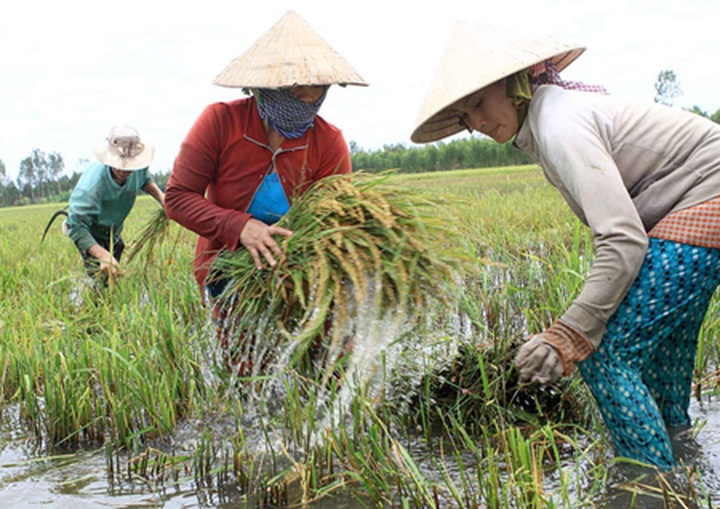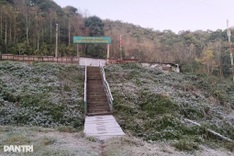Adverse climate change could cost Vietnam, Cambodia, Laos and Thailand at least US$16 billion per year in damage to natural resource assets and infrastructure services, a report has revealed.
 |
| The report Climate Change in the Lower Mekong Basin: An Analysis of Economic Values at Risk released yesterday by the US Agency for International Development (USAID) also predicts that an additional $18 billion loss stemming from potential infrastructure damage caused by flooding and other extreme weather events. |
The report Climate Change in the Lower Mekong Basin: An Analysis of Economic Values at Risk released yesterday by the US Agency for International Development (USAID) also predicts that an additional $18 billion loss stemming from potential infrastructure damage caused by flooding and other extreme weather events.
The amount demonstrates the profound risk that climate change presents and points to a need for aligning national adaption strategies to reduce risks where possible.
"Of most concern are the potentially significant reductions in the yield of crops, fish and non-timber forest products critical for livelihoods, damage to infrastructure associated with floods and sea levels rising, and an increase in the incidence and severity of heat-related illnesses for workers," the report points out. The report draws from a 2013 USAID analysis of climate change impact in the Lower Mekong Basin that forecasts more extreme temperatures, rainfall, weather events and sea levels rising for the region by 2050.
"We hope this work will help equip policymakers with the kind of information and analysis that can better prioritise investments in climate change adaptation and spur follow-on valuation studies in the region," says USAID Regional Development Mission for Asia Director Michael Yates.
The report finds that the single highest value asset at risk from climate change in the region is worker productivity: more than $8 billion at risk per year in lost working days due to heat-induced illnesses.
"So much of the Lower Mekong Basin's economy is based on outdoor labour," says the report's author John Talberth, adding that "worker productivity should be front and centre for any adaptation plans, and (should be) fast-tracked."



















